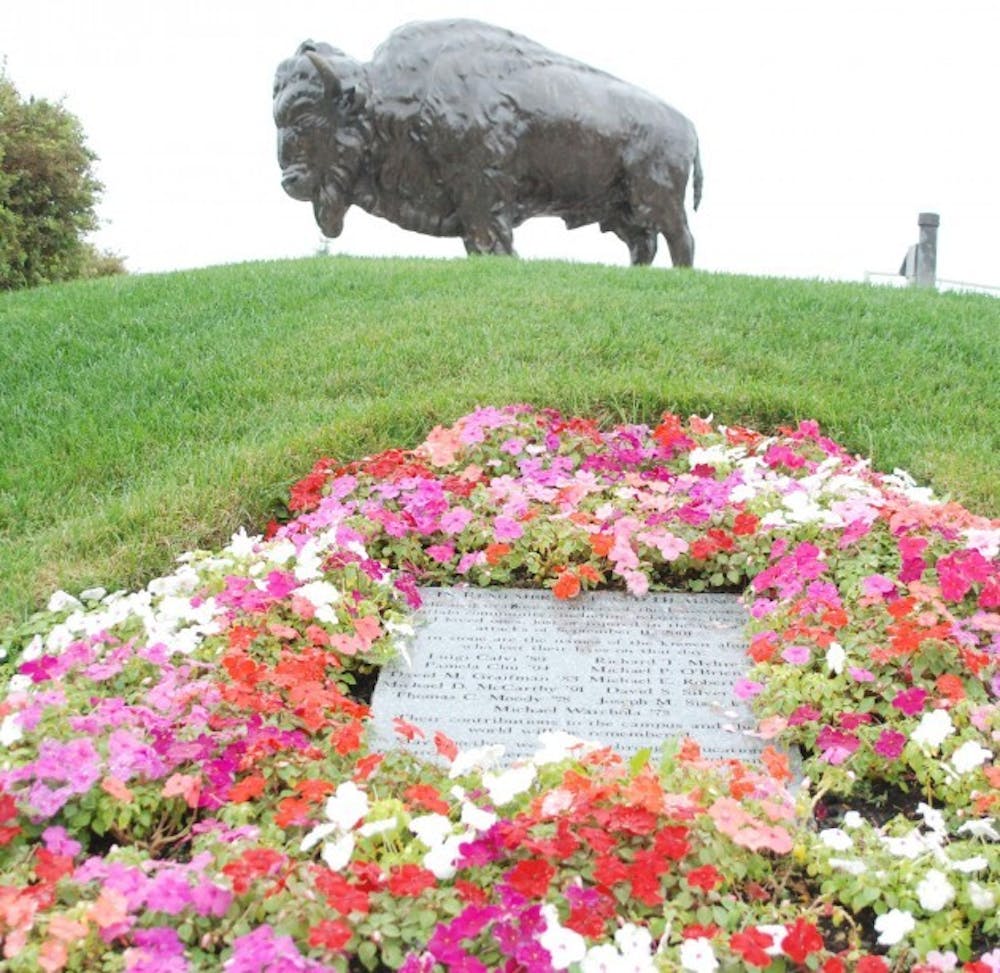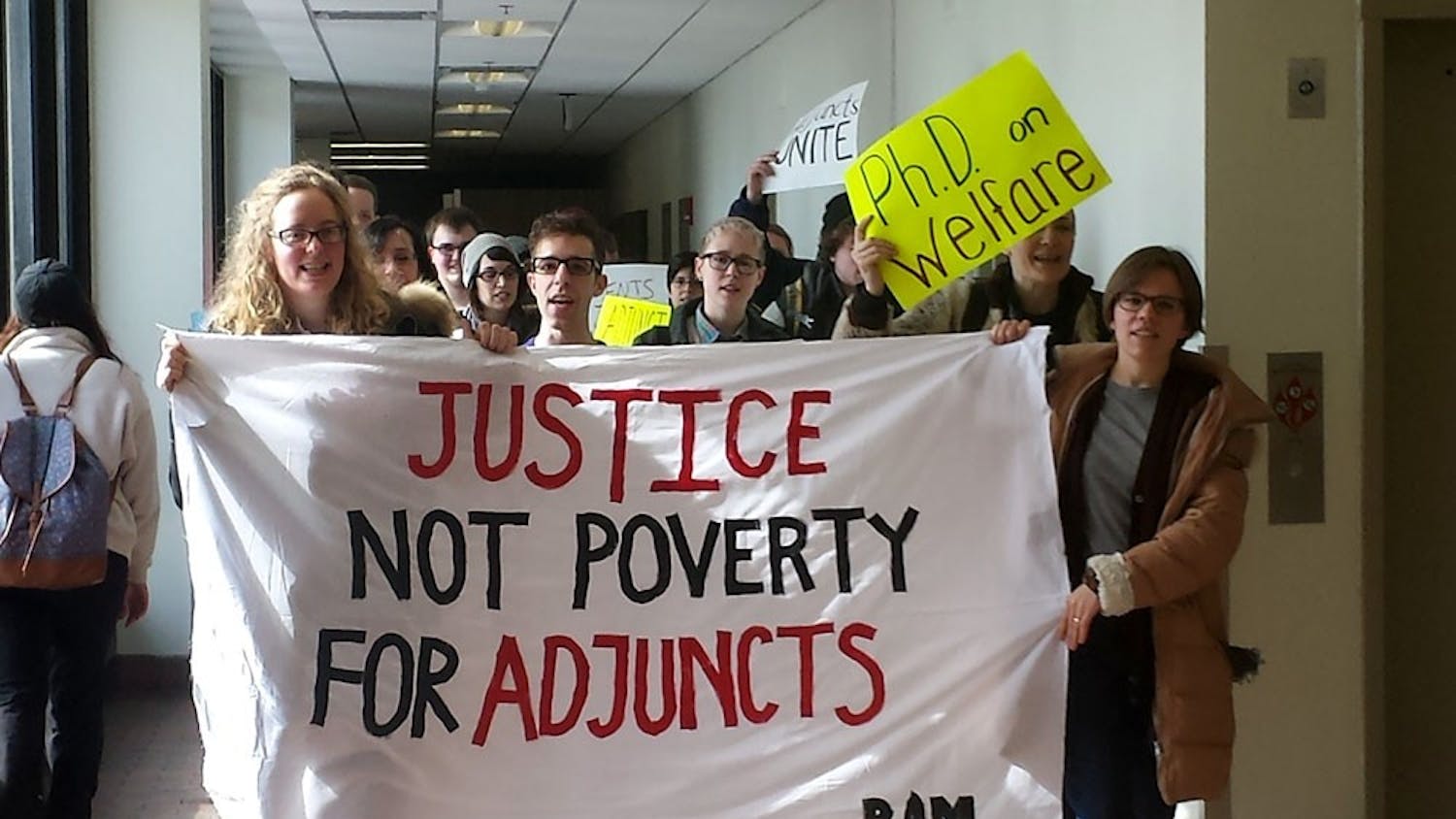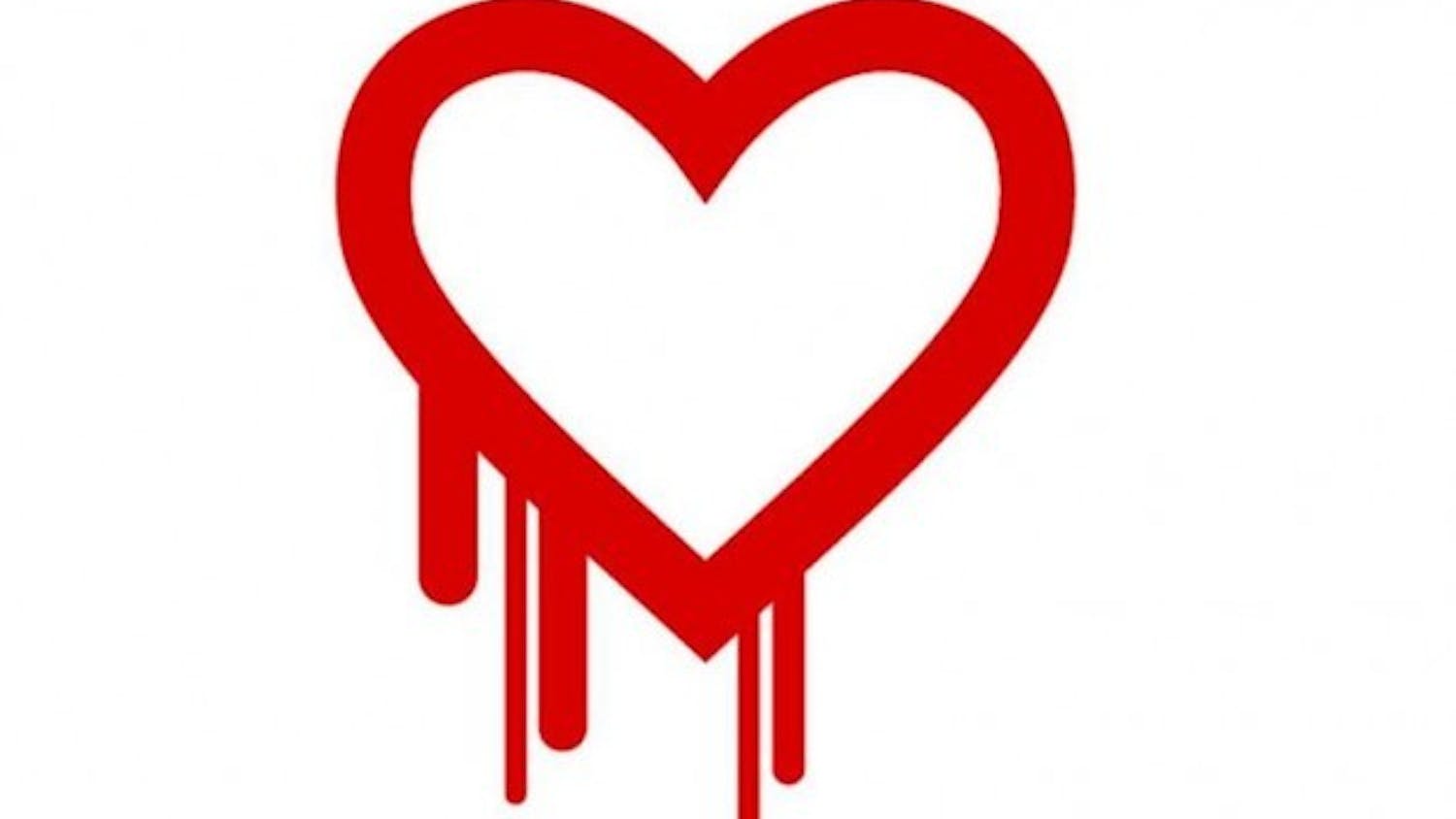While many students experience different stages of grief, anger, and fear in the aftermath of Sept. 11, The Spectrum published a paper on Sept. 12, 2001. Even 10 years later, the events still remain clear in the mind of the staff.
"I was in shock," said Michael Lucinski, former senior editorial editor. "I had a three-hour class that started at 9 a.m. In an age before ubiquitous smart phones, we were totally isolated and in the dark about what happened. We took a break at 10:30. We didn't go back to class."
As the staff was preparing to publish the paper, like any other Tuesday, no one could imagine what kind of tragedy was unfolding. As word hit campus, strong emotion and a pressing need for action struck the area, as students and faculty worried about family and loved ones in New York City. Knowing that, the staff knew they had to get into action right away.
"I was sitting in a dentist's chair when the first plane struck the World Trade Center. My first thoughts were shock, horror and disbelief. My next thought was that I needed to get back to the newsroom as soon as possible," said Elizabeth Fox-Solomon, former managing editor. "I knew that we had to scrap everything we had planned for the next day and focus on the tragic events that were unfolding around us."
The Spectrum on Sept. 12 was flooded with articles from every major newspaper across the U.S., each spinning a different view of the attacks. The staff also talked to students, faculty, staff, and local government and religious leaders about how they were affected, how times were going to change, and where people could go to receive help or counseling.
"Every TV and computer on campus was tuned to the news as new information, and horrific images streamed in, and we all wanted to watch, absorb, [and] cope," Fox-Solomon said. "I knew that the attacks represented not only a horrible human tragedy, but that the events of that day would forever change this nation and, to some extent, the world."
In the days that followed, coverage of the continually unfolding news spread through the pages of The Spectrum. As stories developed and more information gathered, students began to hold services and vigils for fallen friends, family and alumni. However, with all the emotions that surrounded the campus, the staff tried its best to report the facts.
"I think that emotion worked its way into almost everything I wrote during the days that followed 9/11, but through the voices of those I spoke to, rather than my own voice," Fox-Solomon said. "I covered vigils, forums, and memorial services where fellow students and other members of the university community voiced the emotions that I, as a ‘neutral' observer, could not."
Away from campus, each day seemed to run into the next as people waited for updates from the White House and watched as the news kept playing videos and showing pictures of the burning buildings as they collapsed.
"Even 10 years later, I can watch clips and feel that cold horror as it happens. I know the first few times I heard the phrase ‘Homeland Security,' I couldn't shake the anachronistic sound of it. That sounded like a term Churchill used during the Blitz," Lucinski said. "Suddenly, it was very relevant. They stopped a Rangers-Flyers pre-season [hockey] game nine days later so everybody in the arena could watch [President Bush's] address to Congress on the Jumbotron."
As time has passed, the images have faded from the daily news and no longer cover the pages of the newspapers. But for the 2001 staff of The Spectrum the events of Sept. 11 hold special meaning and will never be forgotten.
Email: news@ubspectrum.com




